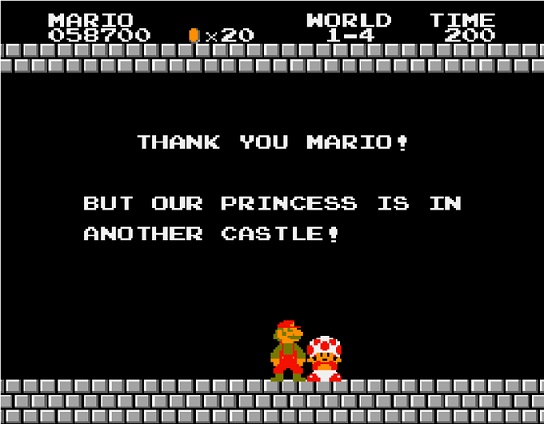Well known science fiction fan Elise Matthesen was sexually harassed at Wiscon and decided to formally complain to both the convention and the harasser’s employer.
Although their behavior was professional and respectful, I was stunned when I found out that mine was the first formal report filed there as well. From various discussions in person and online, I knew for certain that I was not the only one to have reported inappropriate behavior by this person to his employer. It turned out that the previous reports had been made confidentially and not through HR and Legal. Therefore my report was the first one, because it was the first one that had ever been formally recorded.
Matthesen was surprised to learn both that the person in question was long known to be a serial harasser and nobody had made a formal complaint about him yet, which is why she wrote about this and got it posted not just on John Scalzi’s blog, but also at the blogs of Mary Robinette Kowal, Seanan McGuire, Brandon Sanderson, Chuck Wendig and Jim Hines, who also reveals the name of the accused and confirms that this person had been reported before.
As to why this person hasn’t been named before or been formally complained about, Mary Robinette Kowal has some thoughs about her own culpability in this.
It is of course not uncommon that a serial harasser has long been known and warned about by their victims, but never taken direct action against, so not uncommon that the sex, feminism and BDSM blog The Pervocracy called this situation “the missing stair”:
Have you ever been in a house that had something just egregiously wrong with it? Something massively unsafe and uncomfortable and against code, but everyone in the house had been there a long time and was used to it? “Oh yeah, I almost forgot to tell you, there’s a missing step on the unlit staircase with no railings. But it’s okay because we all just remember to jump over it.”
Some people are like that missing stair.
When I posted about a rapist in a community I belonged to, although I gave almost no details about the guy except “he’s a rapist,” I immediately got several emails from other members of that community saying “oh, you must mean X.” Everyone knew who he was! Tons of people, including several in the leadership, instantly knew who I meant. The reaction wasn’t “there’s a rapist among us!?!” but “oh hey, I bet you’re talking about our local rapist.” Several of them expressed regret that I hadn’t been warned about him beforehand, because they tried to discreetly tell new people about this guy. Others talked about how they tried to make sure there was someone keeping an eye on him at parties, because he was fine so long as someone remembered to assign him a Rape Babysitter.
All of which led Dustin Kurtz to wonder whether Sf fandom’s inclusiveness makes this problem worse and concludes that it should not:
The SFF community, of which conventions are a vital distillation, was, historically, populated by outsiders. The entire idea of genre is of course predicated on a readership that consciously sets itself apart, and no genre made that as much a point of pride as skiffy readers. That has the glorious result that outsiderdom predicated on other criteria—transgendered fans, for instance—is welcome within the community, even when that might be less true in society generally. But some, particularly men of an older generation, seem to mistake a spirit of permissiveness for individual permission.
Whatever the reasons, harassment is rife at these things. But maybe now, in the twenty-first century—the goddamned future—after a year of truly infuriating misogyny from some of the old guard in the genre, maybe now things will finally reach the point where even the most loutish of fans realize that an inclusive community need not include them, that a safe space for geeks doesn’t mean they themselves are safe from repercussions, and that, oh yeah, we all know their boss’ phone number.
As one of the people in science fiction with a big megaphone, John Scalzi took the first step to stop tolerance of harassment, by insisting any con he is a guest of has a proper harassment policy.
